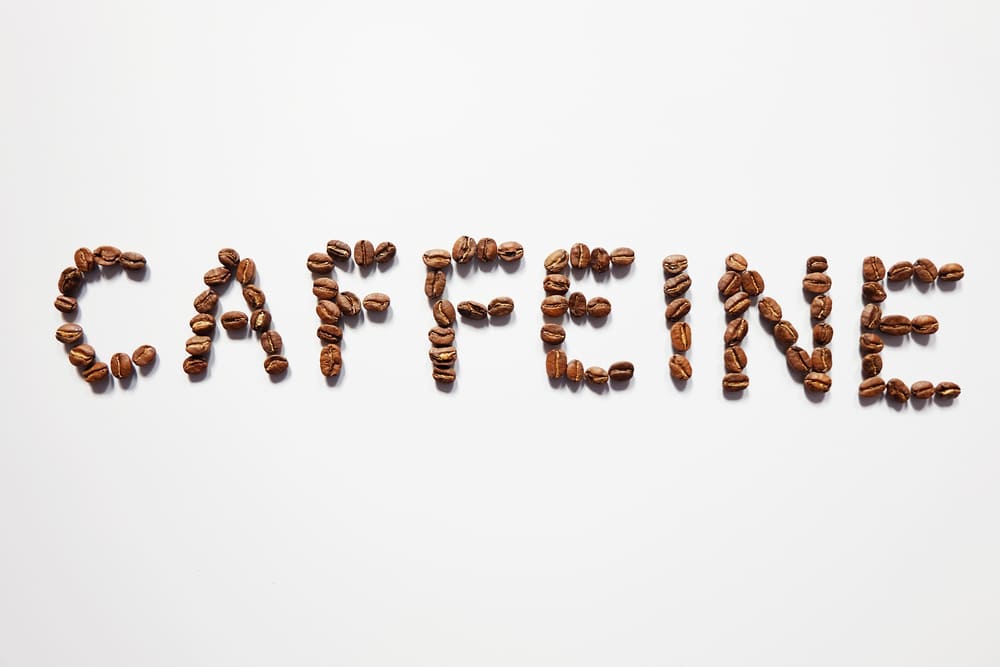
Caffeine is a drug used for brain stimulation throughout the world. It increases your energy, mindfulness, and alertness. Caffeine is obtained from natural sources and is found in tea, chocolate, coffee, energy drinks, soda, and some pain killers. It is a stimulant used often by athletes, even during professional matches. Caffeine is used in baking and other culinary purposes, but some people question if caffeine cookout? It is a valid question, and we did some research to find it out for you.
FDA states that nearly 400 mg of caffeine intake a day is safe for adults. Use caffeine in moderate amounts daily. Caffeine should never be taken in pure form, especially in large quantities. Because of this reason, the FDA banned selling pure caffeine in bulk. The negative impact of unregulated caffeine intake is horrendous. It can cause digestive issues, anxiety, insomnia, tachycardia, and addiction. Caffeine intake in large amounts can be useful for someone having low blood pressure. However, this is just a temporary solution and should not be used frequently.
Some people have caffeine hypersensitivity. The side effects range from tongue swelling to tachycardia and breathing difficulty. People with caffeine hypersensitivity face bouts of restlessness and insomnia. These people have slow metabolism of caffeine. The body’s immune system starts working against it. So, avoid caffeine at all costs, else it could prove fatal.
Does Caffeine cook out:
When you add caffeine while cooking or baking, it stays in the food and does not cookout. Caffeine is a drug that is stable even at high temperatures. At 178 degrees Celsius, it starts to boil and evaporate. However, it does not change chemically until the temperature reaches 235 degrees Celsius. So, when caffeine is added to boiling water, i.e., at 100 degrees Celsius, coffee dissolves in the water. It does not evaporate or cookout.
We can say that caffeine does not cook out while normal cooking, as the temperatures are usually less than 235 degrees Celsius. Cooking caffeine makes it more concentrated since the water content is evaporated. You are left with even more caffeine content at the end of cooking as the water boils out, but the caffeine remains. If you are sensitive to caffeine, avoid adding it to your food. Stop using drinks that have caffeine. For people with low caffeine sensitivity, decaffeinated beverages are available to prevent any potential side effects.
Since these temperatures are not for normal kitchen cooking, industrialists can work and do more research in this field. New methods can be set up to work this out in industries and help people with caffeine sensitivity cookout caffeine from their favorite eating items.
Bottom note:
Caffeine does not cook out in everyday kitchen cooking as this much high temperatures are not common in such conditions. If you want caffeine-free food, then do not use it at all or use it in low amounts. Caffeine has both advantages and disadvantages. If you use it in moderation and keep in mind the FDA limits, you can extract maximum benefit.